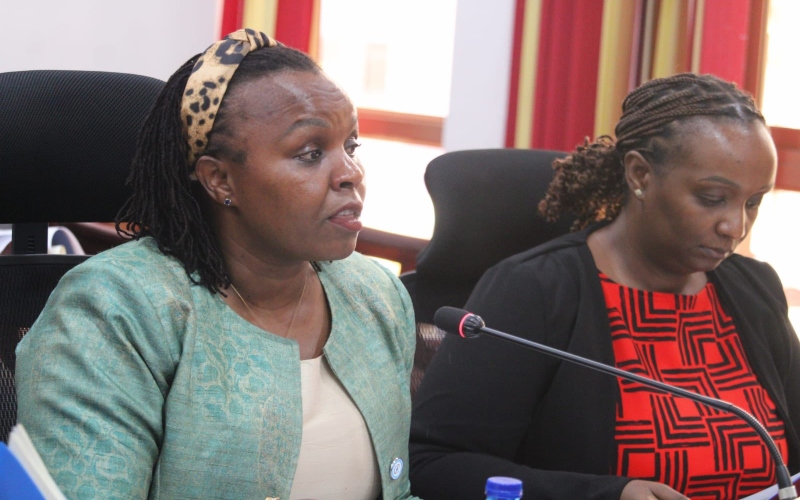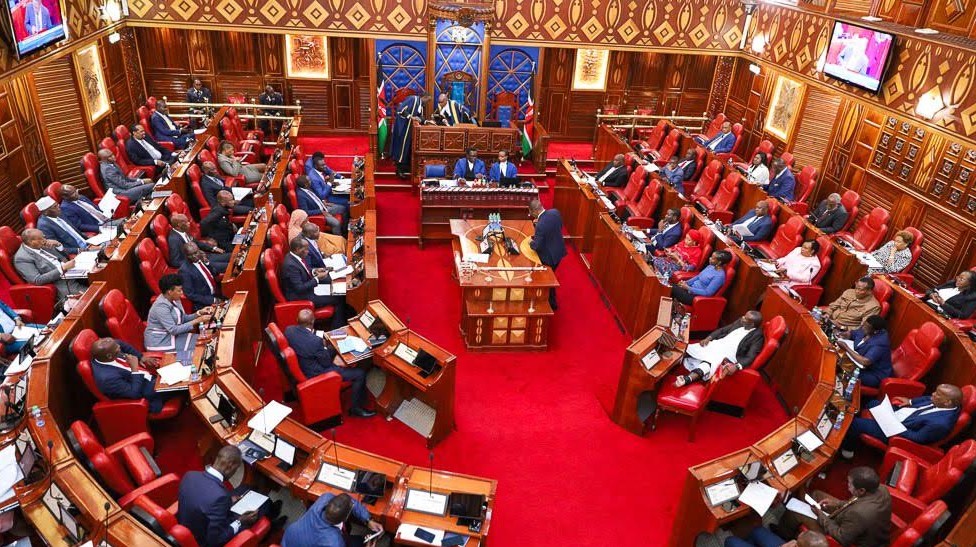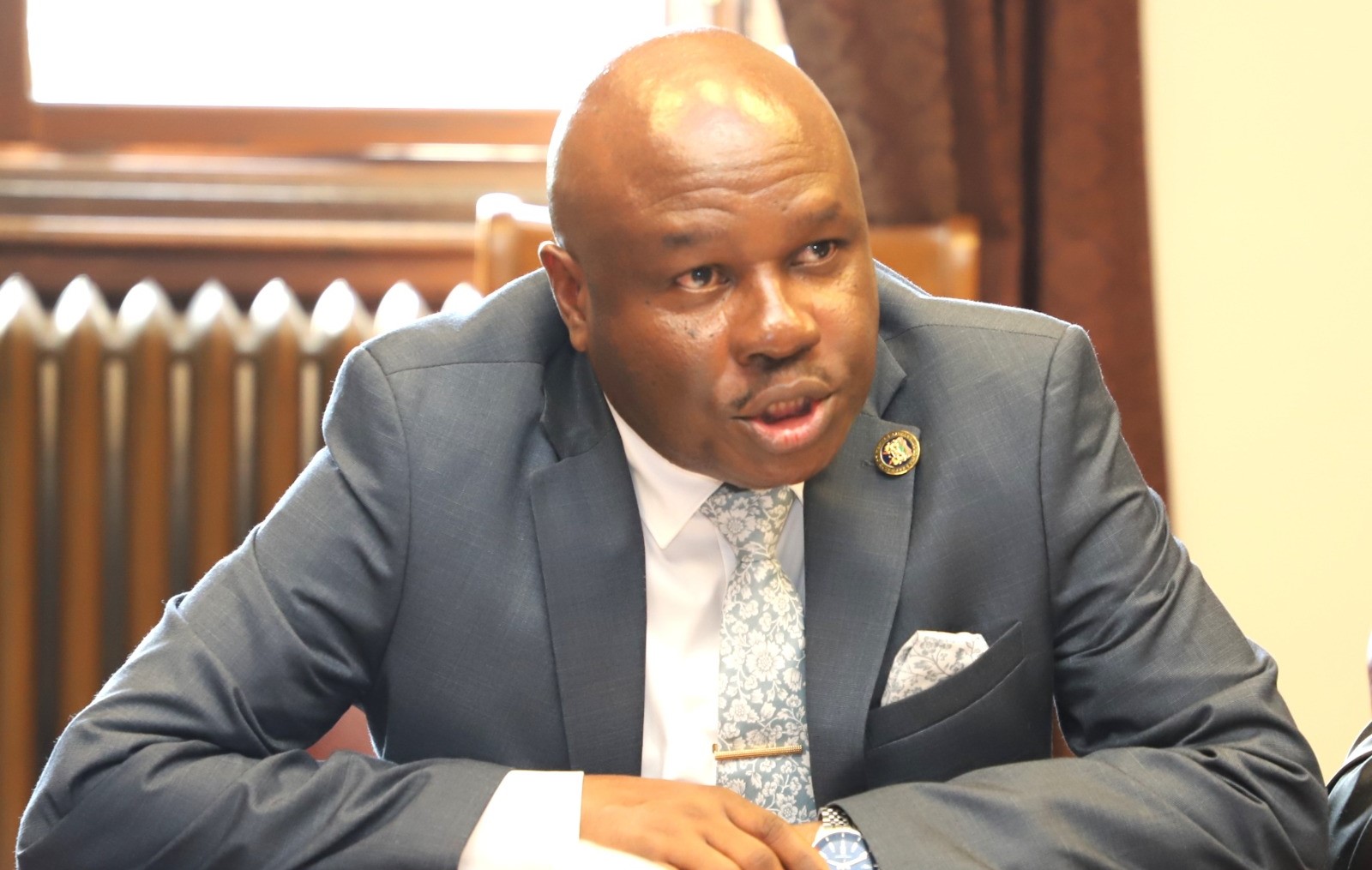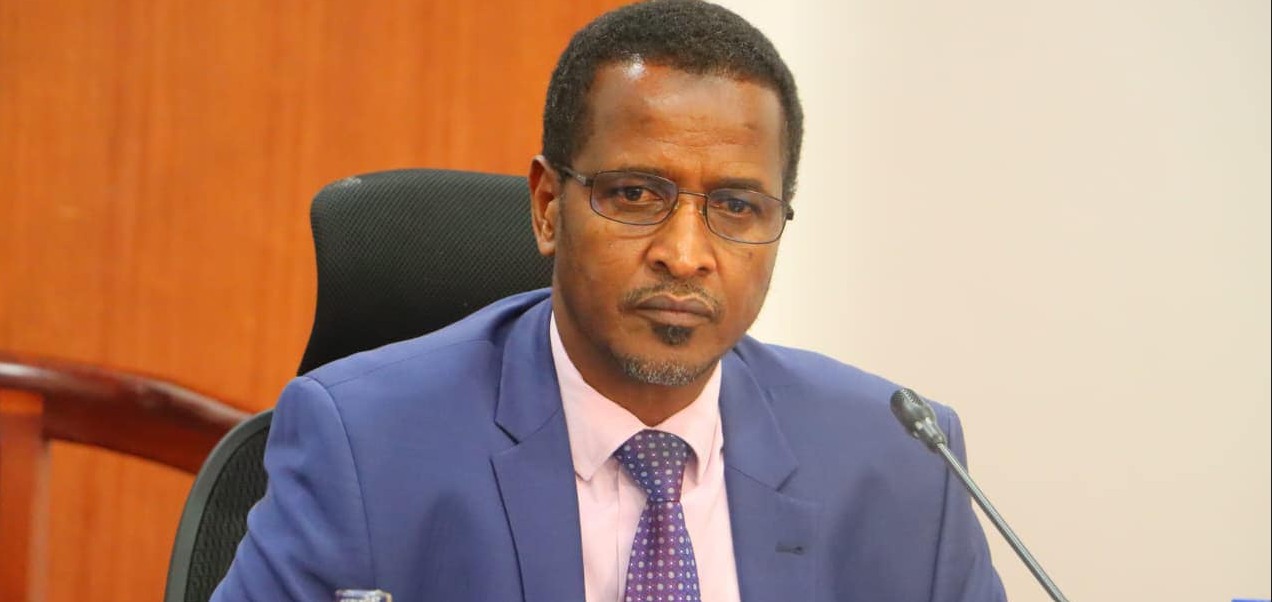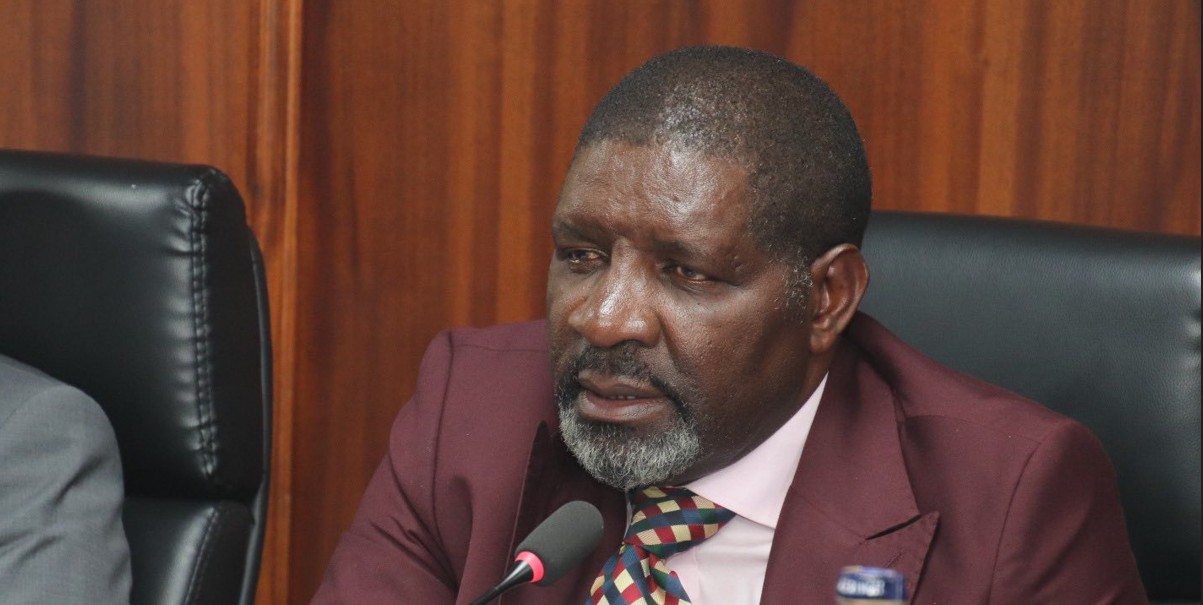Treasury orders Education ministry to cut Sh11 billion exam costs, end overseas printing
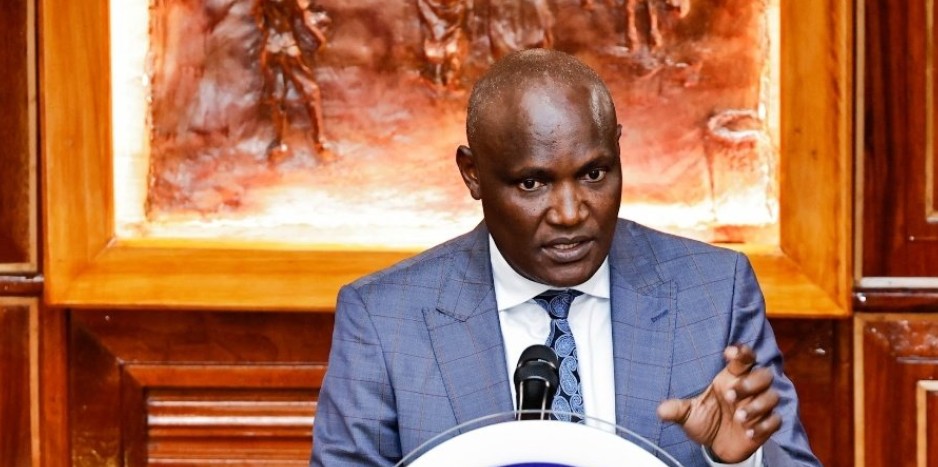
Mbadi’s comments follow public uproar over reports that the government planned to end the national exam fee waiver, which has been in place since 2015.
The National Treasury has directed the Ministry of Education to create a more cost-effective model for administering national examinations, following Cabinet concerns over the ballooning costs, particularly the outsourcing of exam printing to foreign firms.
Speaking during a town hall meeting on Citizen TV Monday night, Treasury Cabinet Secretary John Mbadi said the government was alarmed by the Sh11 billion spent annually on national assessments and questioned why the printing of exams is outsourced when more secure documents are produced locally.
More To Read
- Kenya steps up sovereign credit reforms with plans to create rating committee
- KNUT urges urgent release of funds, strengthening of school feeding programme in Garissa
- No job losses as Education Ministry announces major parastatal restructuring
- Kenya secures Sh193 billion loan to cut borrowing costs, boost stability
- MPs raise concerns as missing Kenya School of TVET title deed hinders school’s operations and reforms
- Education Ministry sets up special unit to tackle teenage pregnancy in schools
“What happened was that as Cabinet, we did not like the money that was being spent on exams; we didn’t understand why examinations were printed out of the country, yet more sensitive documents like passports are printed here,” Mbadi said.
He revealed that the Ministry of Education has now been directed to design a more affordable and efficient way to run national exams.
This comes amid broader discussions about restructuring the way exam fees are handled and how the government can make the process more sustainable.
“The ministry had to come up with a more realistic structure of administering and funding exams, not the Sh11 billion that was being spent,” he explained.
Exam fee waiver
Mbadi’s comments follow public uproar over reports that the government planned to end the national exam fee waiver, which has been in place since 2015.
Initially, the Treasury did not allocate funds for exams like the Kenya Certificate of Secondary Education (KCSE) in the 2024-2025 budget.
However, Mbadi has since assured Kenyans that the government will pay for this year’s national exams.
“Initially, we did not provide examination fees for this year, but we have made the money available. I assure all Kenyan students that they will sit their exams. The government will pay for it; we are just restructuring the system,” Mbadi said.
The earlier plan to phase out the waiver was intended to introduce a model where only learners from vulnerable households would receive government support, while others would pay.
The move was justified on the grounds of budget pressure, but many parents and education stakeholders warned it would hurt poor families and roll back gains in basic education access.
The Treasury's renewed focus is now on cutting exam-related spending and ensuring funds are used efficiently.
Top Stories Today

